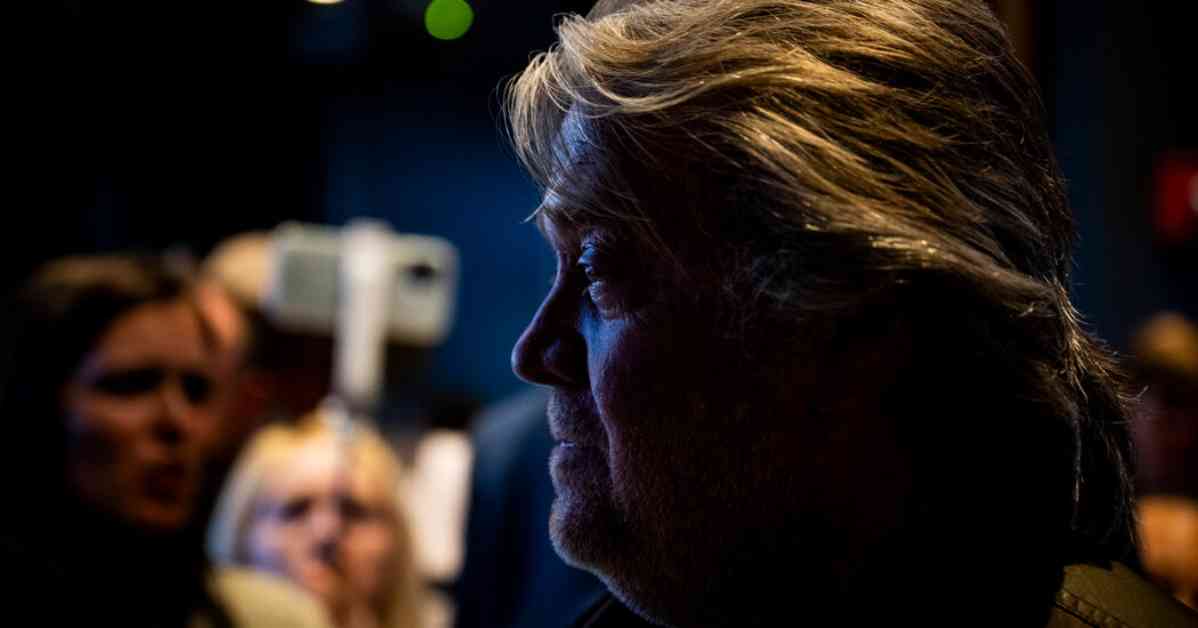Stephen K. Bannon, a longtime ally of former President Donald J. Trump, is facing imminent incarceration after a federal appeals court denied his emergency motion to remain free while he continues to fight his conviction for contempt of Congress. Bannon was found guilty in 2022 for refusing to comply with a congressional subpoena related to his involvement in the January 6 Capitol riot.
Despite pursuing an extensive appeals process, Mr. Bannon was ultimately ordered to begin serving his four-month prison sentence on July 1. The recent decision by the appeals court leaves little room for further delays in his incarceration. The three-judge panel was divided, with Judge Justin R. Walker dissenting and suggesting that Bannon should remain free until the Supreme Court decides whether to hear his case.
Bannon’s legal team has been arguing that his case raises critical legal issues concerning the separation of powers. During the trial, they claimed that Bannon followed legal advice suggesting he could ignore the subpoena under the guise of executive privilege established during Trump’s presidency. However, the court expressed skepticism that a higher court would overturn the existing interpretation of ‘willfully’ disregarding congressional subpoenas.
This development comes after a similar request for leniency was denied by the Supreme Court in the case of Peter Navarro, another close associate of Trump, who faced contempt charges related to the January 6 committee’s subpoena. Navarro’s unsuccessful appeal mirrors Bannon’s arguments, highlighting the legal challenges faced by Trump allies entangled in the aftermath of the Capitol riot.
The denial of Bannon’s emergency motion underscores the legal ramifications of defying congressional subpoenas and the limited avenues for avoiding accountability in such cases. As the July 1 deadline approaches, it remains to be seen whether Bannon will seek further legal recourse or comply with the court’s order to begin his prison term. The decision could set a precedent for future cases involving contempt of Congress and the extent of executive privilege in congressional investigations.


















